Iwi/Māori housing, capacity and taonga
Māori home ownership rates are lower than non Māori in the region with access to affordable housing a significant issue.
Opportunities to improve housing for Māori are being developed in partnerships between iwi, local government, and central government and we have identified a need for Iwi/Māori organisations to have greater capacity when participating in these processes.
This lack of capacity will only get worse with requirements for Iwi/Māori participation in the NPSUD – Future Development Strategy and other regulatory documents. If we do not increase long term sustainable capacity in Iwi/Māori organisations then this will become a bigger problem for everyone.
Climate change impacts have the potential to impact on taonga and areas of cultural significance in the region. These need to be considered as part of any climate change adaptation.
Initiatives
These are the Iwi/Māori housing, capacity and taonga initiatives in our 3-year work programme.
1. Māori/Iwi Housing
Develop a partnership programme to co-design and deliver improved
housing, urban development, and economic development outcomes for iwi/Maori housing – including papakāinga, social and affordable housing options.
2. Iwi Spatial Plan and Cultural mapping
To be developed as part of a Future Development Strategy as a requirement under the NPS-UD, to build on input received as part of the WRGF.
3. Iwi capacity building
To identify and implement long term solutions for increasing iwi capacity in spatial planning and related activities.
4. 50-100 Three Waters Strategy
To support anticipated growth which includes both changes to how we use water across the region and required upgrades to infrastructure (including bulk infrastructure) that supports housing and business growth in the region, improves environmental outcomes and resilience of assets.
5. Regional approach to planning for and managing climate change impacts
Joint partner planning to accommodate a possible additional 5000 homes providing for a possible 11,000 people in the study area. Both the Port Nicholson Block Settlement Trust and Ngāti Toa have land interests in this study area.
6. Lower Hutt Structure Plan
Joint partner planning to accommodate a possible additional 5000 homes providing for a possible 11,000 people in the study area. Both the Port Nicholson Block Settlement Trust and Ngāti Toa own land and/or have First Right of Refusal (RFR) in this study area.
Note other Spatial Plans will also apply.
Current Projects
There are a number of Iwi/Māori housing, capacity and taonga projects already underway in the region.
A number of papakāinga communities already exist or are underway within the region including
Hurunuio-Rangi Marae Papakāinga outside Carterton, Te Aro Pā Trust papakāinga housing in
Wellington City and Te Puna Wai Papakāinga Housing Project in Wainuiomata.
A partnership between mana whenua and the Crown with regards to the management of state
housing in Western Porirua by Te Āhuru Mōwai (Ngāti Toa Rangātira’s community housing
provider).
project will provide – about 2000 state houses made warmer, drier, and safer, about 2000 affordable
and market homes and 150 additional states houses. It will also provide great neighbourhoods and
resilient communities. The project helps to improve the wellbeing of Eastern Porirua residents
including new employment opportunities for local people and businesses. See poriruadevelopment.co.nz.
Increased capacity funding from councils in the region – as an example, GWRC and KCDC have recently provided a large increase in funding to iwi. This is structured to provide for more capacity for engagement and capacity to work with the council. Other councils are undertaking or considering a similar approach.
Future Projects
These projects are at the planning stage and are likely to be implemented in the future
District Plan provisions such as those in the Proposed Porirua District Plan which includes zones and precincts for Māori land, as well as enabling papakāinga across the City.
Consideration of organisational emissions and options for reducing these emissions.
Other housing/ papakāinga opportunities within the region.
Development of funding opportunities such as the Deep South funding opportunities for climate change research – see deepsouthchallenge.co.nz/karanga-research-funding-for-maori
Sign up for updates.
Quick Links


